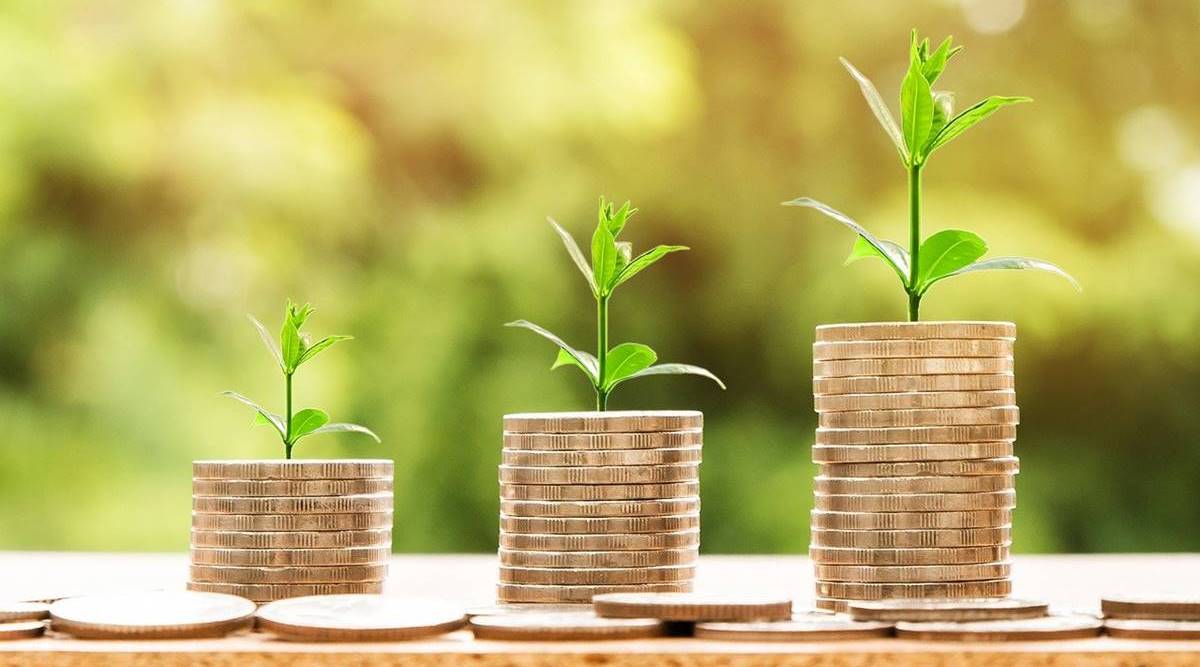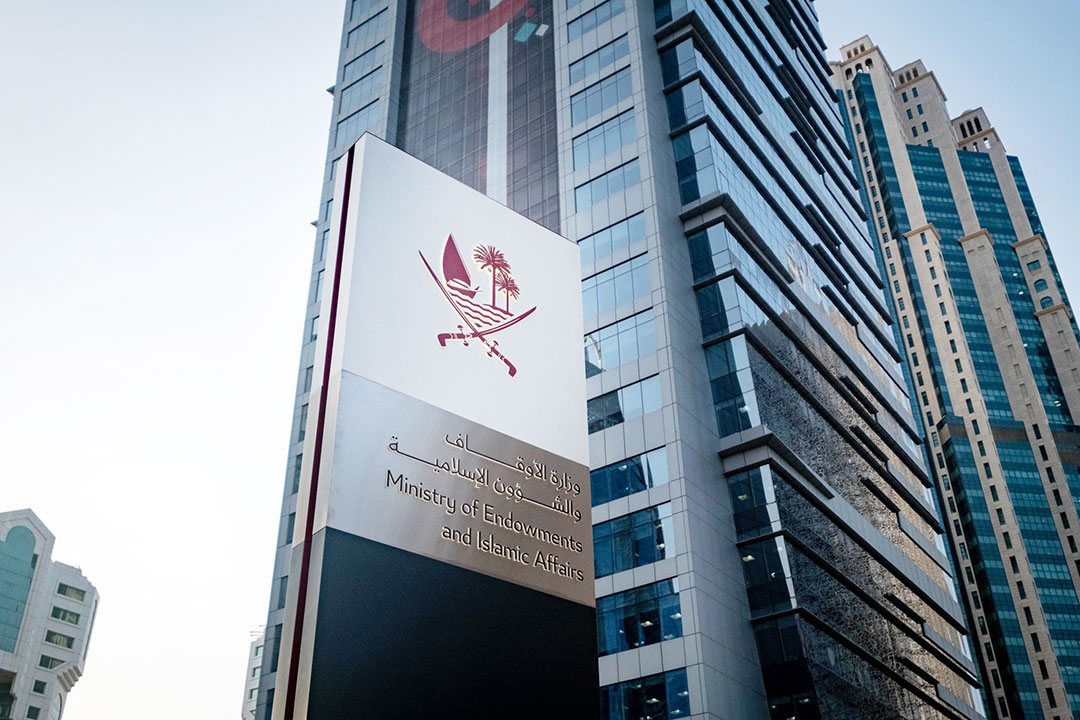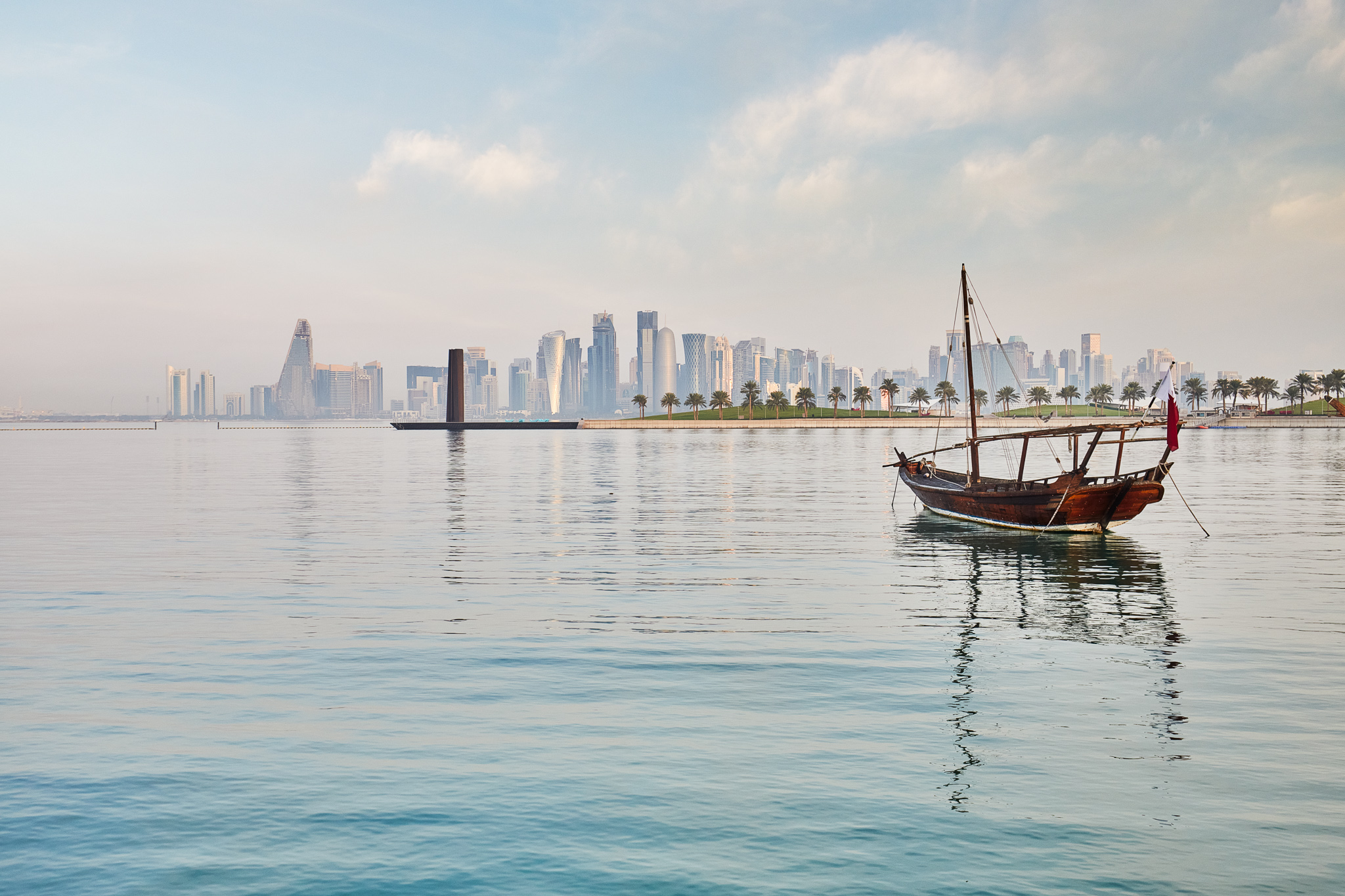Last year, Qatar announced plans to minimise 25% of its carbon footprint by 2030 as part of its ‘Climate Change Action Plan.’
Masraf Al-Rayan has officially launched the country’s first green deposit in compliance with sharia law. This comes as part of the bank boosting sustainable investment options in Qatar.
This green deposit plan is a fixed-term deposit and considered a unique alternative investment solution for investors who are looking to fund environmentally-friendly projects.
The deposit is dedicated to financing ESG, mainly environment, social, and governance programs. Clients seeking to embark on a green approach to their businesses can allocate money to these sustainable deposits to finance different ESG projects.
“We are proud to bring the first sharia-compliant green deposit product to customers in Qatar, particularly at a time of raised awareness towards our ethical responsibility to support sustainable investment solutions,” Fahad bin Abdullah Al-Khalifa, Group chief executive of Masraf Al-Rayan noted.
Islamophobia in Europe: how does it impact the Islamic finance industry?
The initiative took off at an official signing ceremony last Thursday, where Abdulrahman al-Suwaidi, acting group chief executive of Qatar Development Bank (QDB) also attended.
The initiative is seen as a new medium for leading projects that contribute to Qatar’s sustainable development efforts to flourish.
As part of its active ESG project, Masraf Al-Rayan backs the introduction of environmentally sustainable finance practices in the Gulf country.
Qatar’s green finance efforts
Qatar’s Finance Minister Ali Al-Kuwari confirmed the country’s plans to issue green bonds, in an interview with Bloomberg at the sidelines of this year’s Doha Forum. However, he noted, the timing of its issuance is dependent on the market’s conditions.
His statement came after the news agency reported in January that Qatar held talks with international banks in an attempt to raise billions of dollars through green bonds.
While stressing his country’s commitment to prioritising the use of clean energy sources, Al-Kuwari said: “At the end of the day, we believe that gas is a much cleaner energy source than oil. Part of any green bond issuance is you have to really specify where you’re going to spend the money and it has to be spent on green projects.”
In March, QatarEnergy updated its Sustainability Strategy in order to boost the country’s efforts in cultivating clean and affordable energy.
Under its revised strategy, the company is going to increase the carbon intensity of Qatar’s LNG facilities by 35% instead the initial target of 25%. The intensity of its upstream facilities is also going to be lowered by 25% instead of 15%.
In February, Qatar National Bank in conjunction with UK-based HSBC launched a green energy-centered monetary tool in a bid to increase the short-term sustainable funding options for banks and companies.
Through the repurchase agreement, HSBC would borrow cash from QNB in exchange for green bonds. The borrowed money would then be used in initiatives that support the promotion of low-carbon emissions in projects.
Follow Doha News on Twitter, Instagram, Facebook and Youtube







